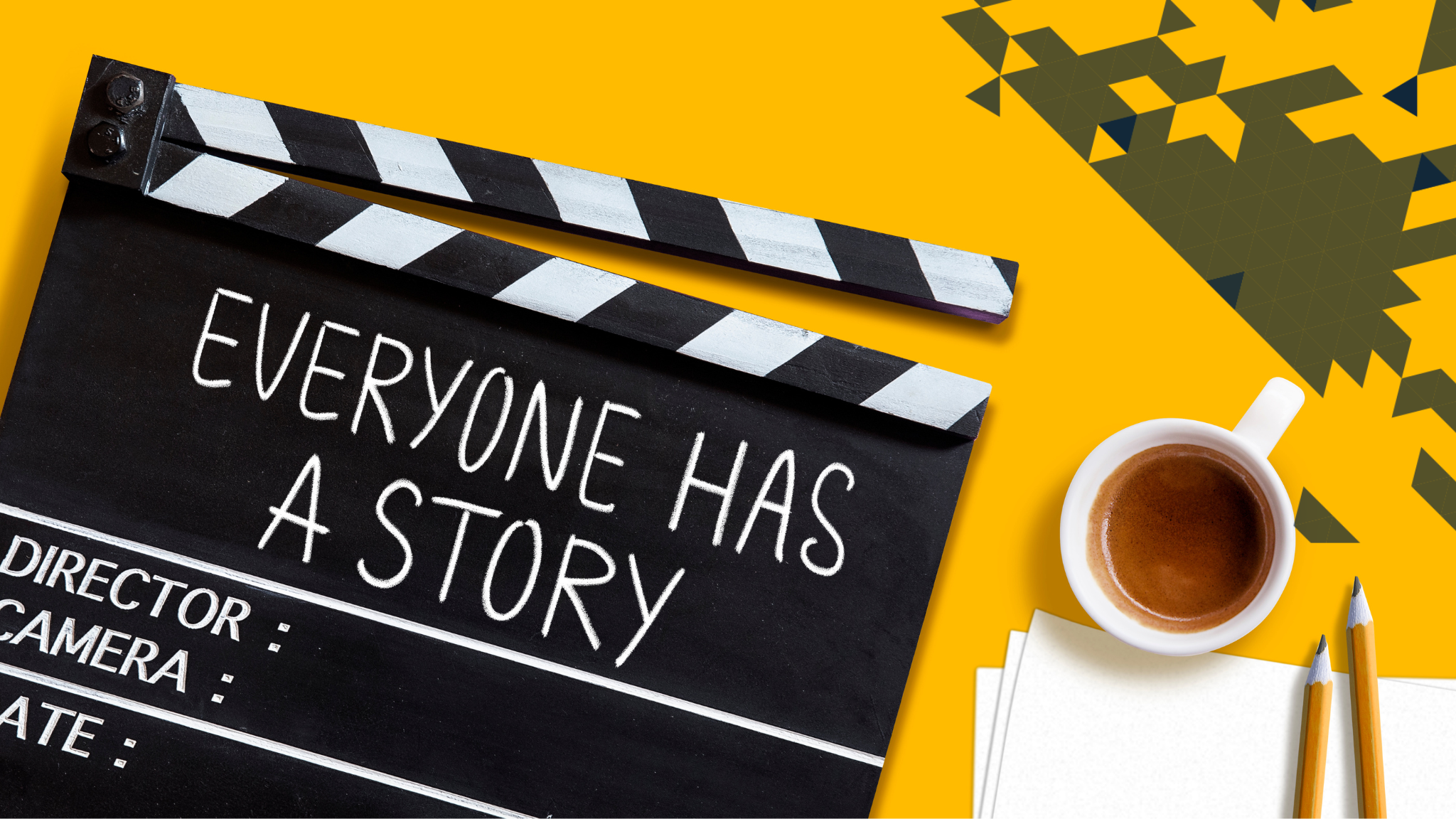
Great stories connect us.
That’s why stories have been a powerful part of the human experience for thousands of years. When told well, a story elicits an emotional reaction in an audience. It can move an audience to action. In the case of stories told through marketing, a story will connect consumers to brands.
Just enter “examples of powerful stories” in your web browser. You’ll find TED talks offering example after example of powerful stories. “How the worst moments in our lives make us who we are” or “I survived a terrorist attack. Here’s what I learned.” These skilled speakers establish strong emotional connections with their audiences.
Too often, sponsorship sellers’ marketing decks undervalue or ignore the power of stories. Without a story, many decks fail to connect with prospective sponsors. When I review client decks, I ask, “What helps tell your story and helps a sponsor connect with its audience?”
An Example
I recently recorded an episode of Deck Diagnosis with race team owner Doug Robbie. Doug and his son Derek have been racing at DDR Motorsports since 2004. Racing is a family affair for the entire Robbie family. When working through DDR’s marketing deck, Doug and I noted that it underplayed the role of the family in this racing business, even glossing over the fact that the DDR team name stands for “Doug and Derek Robbie.”
Many prospective sponsors consider families as their target market. Would these sponsors rather sponsor a business to connect with families, or would they prefer a family to communicate with families? Likely the latter. That’s why DDR Motorsports is updating its marketing deck to tell compelling stories of a family experiencing life together through auto racing.
Four Storytelling Elements
Generally, in their sponsorship decks, sponsorship sellers should consider four elements in telling their story:
Be Relevant. What story can you tell that helps a sponsor connect with its customer?
Be Unique. What about your story is unique to you? Prospective sponsors receive marketing decks every day. Your story needs to stand out.
Be Authentic. Storytelling is not a gimmick or façade. Sponsors and consumers can distinguish between a faker and the real deal.
Be Compelling. Great stories connect by holding the audience’s attention. Sponsorship sellers must work hard to have their stories operate at that level.
Final Thoughts
I’ll share more about CHARGE’s storytelling development process in future articles. For now, I’d recommend two valuable resources.
First, I’ll note the work of comparative mythologist Joseph Campbell and his Hero’s Journey. You might not be familiar with Campbell, but you’re probably familiar with Star Wars and dozens of Hollywood blockbusters that follow Campbell’s storytelling template.
Second, I recommend Nancy Duarte’s work and her excellent book Resonate. Duarte speaks to the practical application of storytelling in creating great presentations. Her thinking can also be applied to sponsorship storytelling.
No matter how you tell your sponsorship story, it’s essential to tell it. Incorporating that story as part of a marketing deck helps establish that all-important connection between the property, the sponsor, and the sponsor’s customers.


